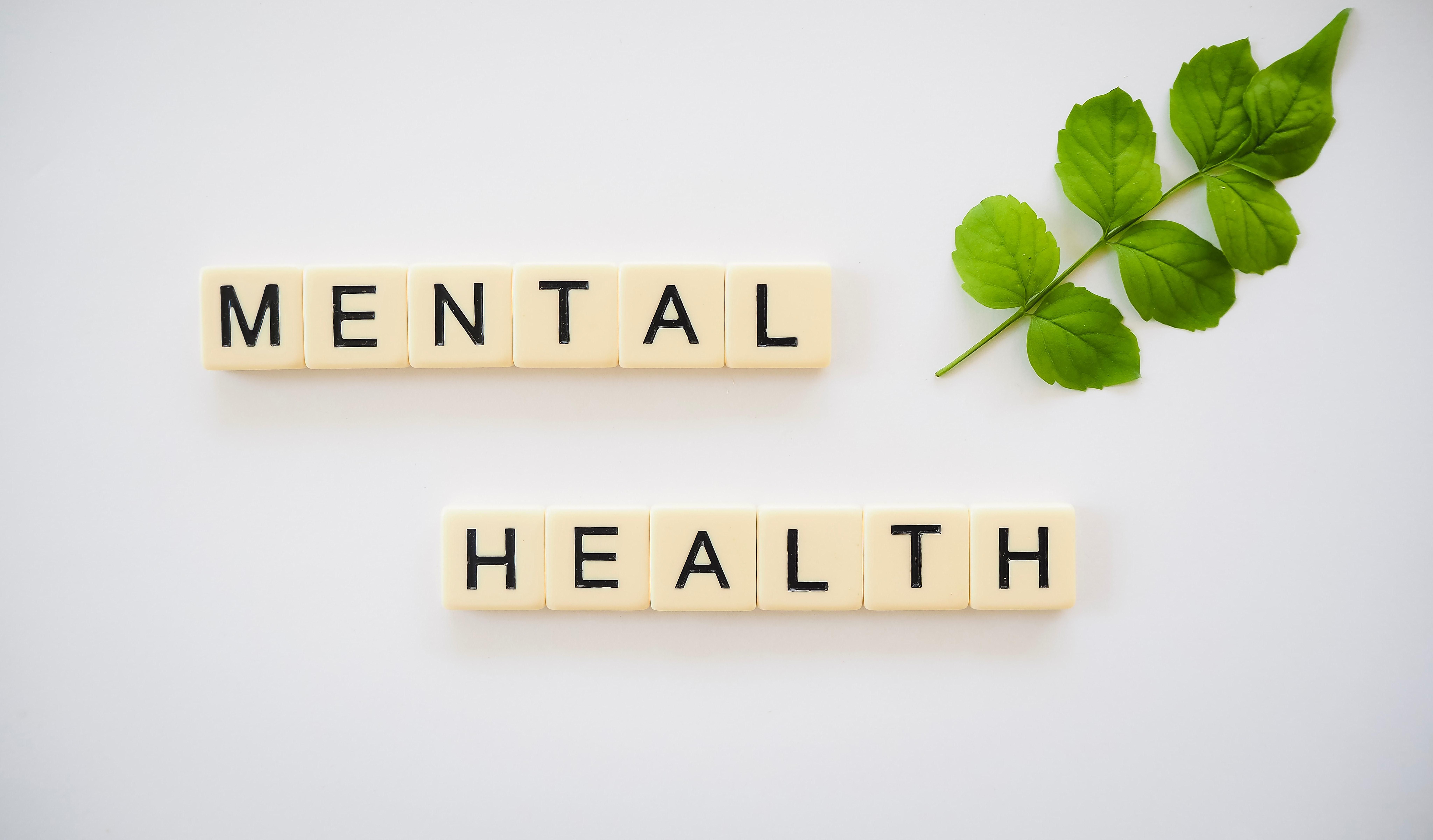I remember lying in my bed, just fourteen years old, googling problems I could possibly have. I wasn't seeking attention (in fact I wouldn't tell anyone about these research sessions for another three years), I was seeking answers. I felt like the way my brain worked could not possibly be according to design.
As it turns out, my gut instinct was even more correct than I ever guessed, but no one else was thinking I had any sort of internal dilemmas. I was a straight-A student, and school came very naturally to me. I was quiet and not particularly popular, but I was well-liked, and everyone in my life knew me as an outgoing, extroverted person. I succeeded where I wanted to and was very upfront that it wasn't because I worked particularly hard. Things just worked out okay for me.
When I first began looking into ADHD, I recognized myself in a lot of the symptoms. It took six months for me to get tested, partially because my parents just didn't think I had it. Part of the diagnosis process involved my parents and teachers filling out behavioral surveys of what they saw in me, and I remember my therapist reading over the results and saying we could still go through with the test, but I likely didn't have it.
The test was so clear we threw every survey out. She told me in some capacities I could focus with the ability of a nine-year-old. I was nearly eighteen at the time.
But I was never hyperactive, distracting, or unable to finish my work. I showed so few signs in my performance that no adult believed me. I did not look like someone with ADHD, but one Ritalin prescription later, I assure you I have it.
For six lovely months, I dealt with only that diagnosis. Then, COVID hit. Among other things, I developed an eating disorder. I didn't want to not eat. I wasn't choosing it. I just couldn't. I think a lot of times people think it's a choice, but honestly, once it starts, it is so difficult physically to break the cycle. It is a psychological battle and it is hard to win.
I threw up nearly every day, but I wasn't making myself consciously. It was a subconscious need. I rarely ate, but it wasn't because I didn't try. I just physically couldn't. I was constantly dizzy and felt sick.
No one would have known if they looked at me. I've always been petite, but I've never been stick-skinny, even at the peak of my struggles with eating. I ate some meals. I was never hospitalized.
Today, a year and a half after the worst of it, I still struggle frequently. I eat meals, I love sweets, I eat a lot of junk food, I typically don't throw up or try not to eat, and I still struggle every day.
This past summer, I was also diagnosed with generalized and social anxiety. This was a surprise somewhat even to me. I knew lots of people with anxiety, but they were usually introverted or had a social limit just in their personalities. I have always been someone who got my energy from hanging out with people, and I have horrible FOMO. A friend this year told me they were surprised I had anxiety because I love talking to new people, trying things, and generally putting myself out there.
It wasn't until this diagnosis, somehow unnoticed for 19 years, that I realized how much I tend to have to push myself to be that person. I get easily stressed, and it's been many months of realizing how much anxiety affects my day-to-day living. And even I had no idea, because I didn't fit the stereotype in my head.
Stereotypes of mental illnesses, disorders, and the like are only a small fraction of what it means to live with something like that. Coping in your own way can bring guilt and feelings of being undeserving when others suffer more. But anyone can live with mental illness, and just because you can't "tell" by looking at someone, it doesn't mean they're not struggling. No matter how you reflect the things you deal with, your journey with them is important.
I don't reflect the stereotype of anything I've been diagnosed with, but they all still affect me every day. My fourteen-year-old instinct was right, and no matter if you're the only one who believes you may be struggling with something, trust yourself to get the help you need.
















